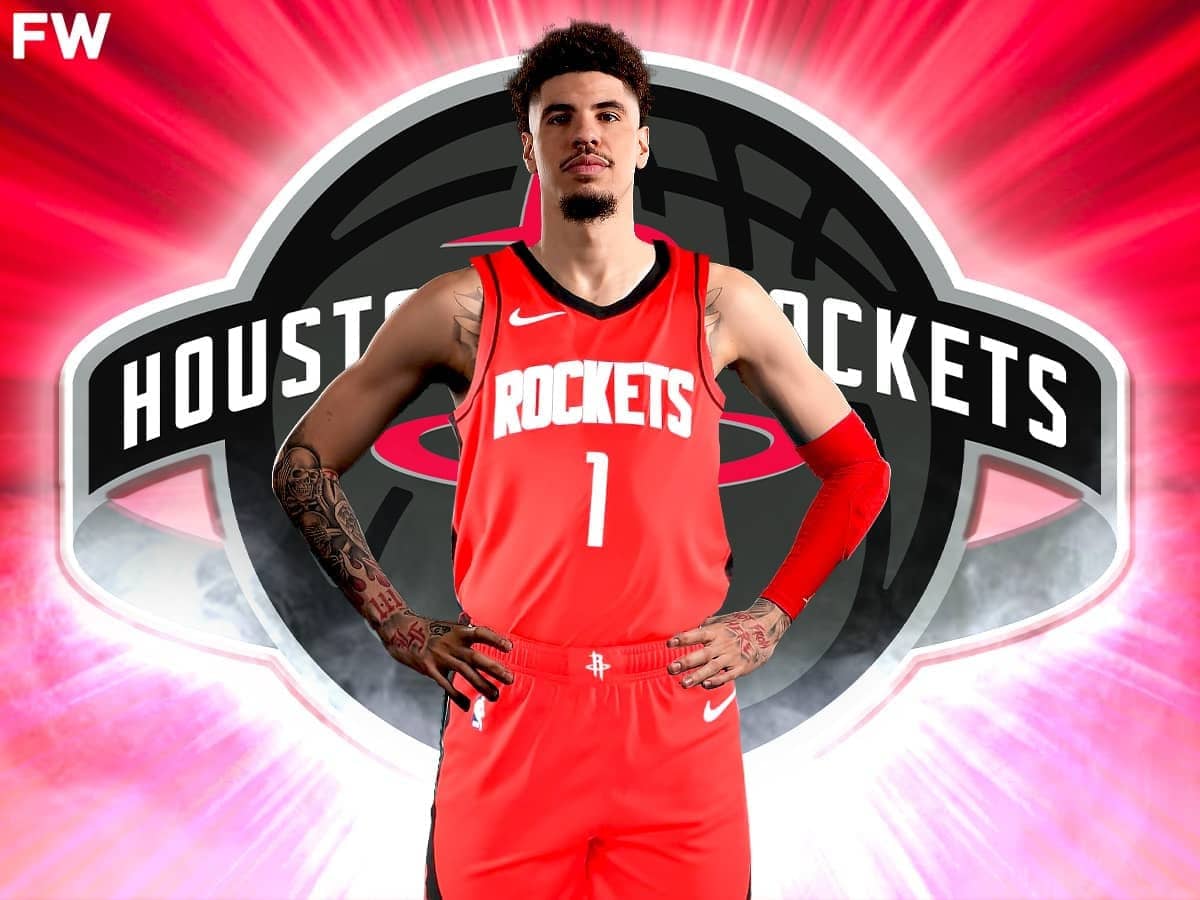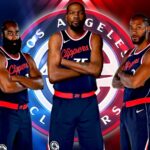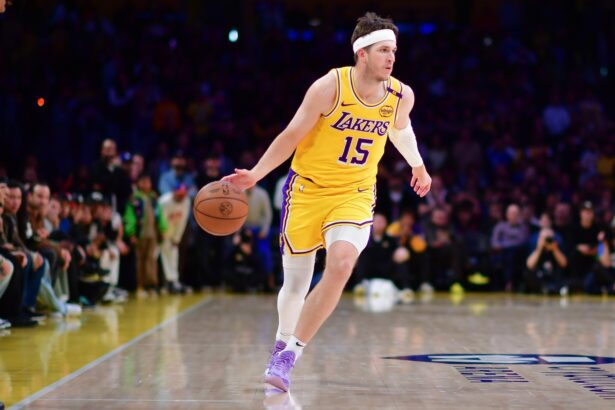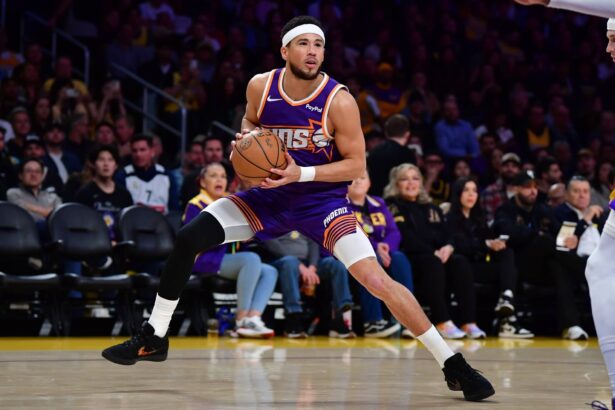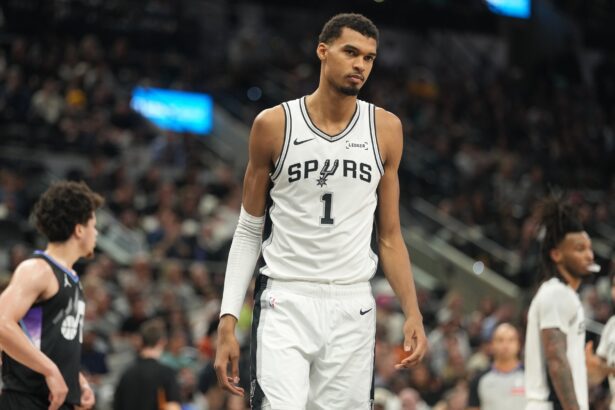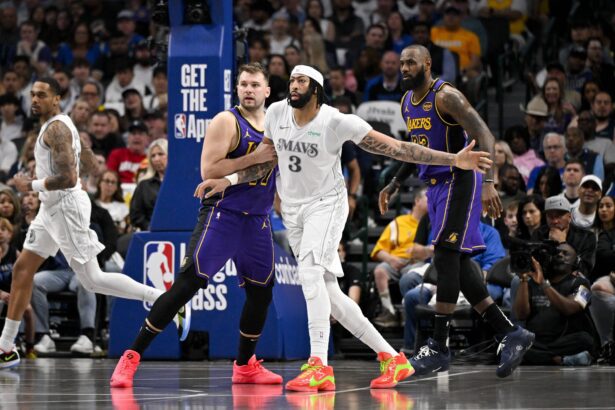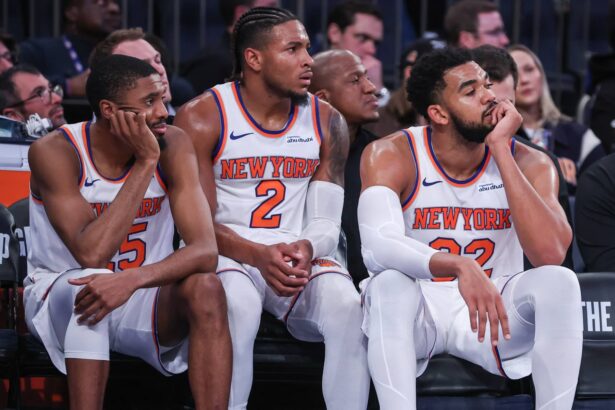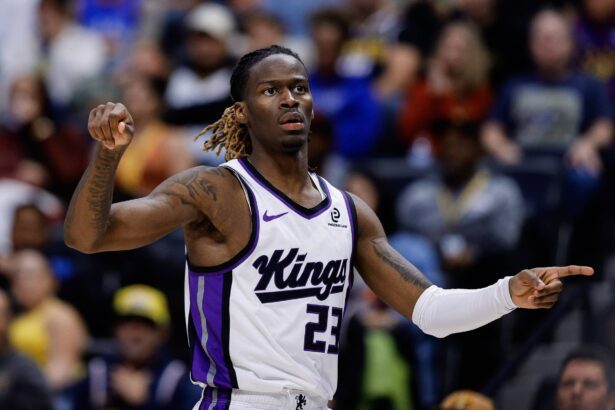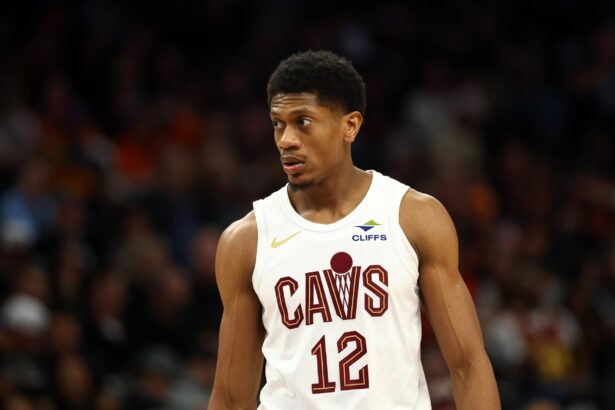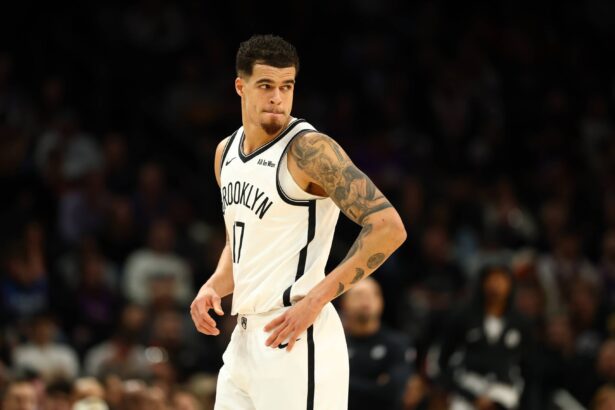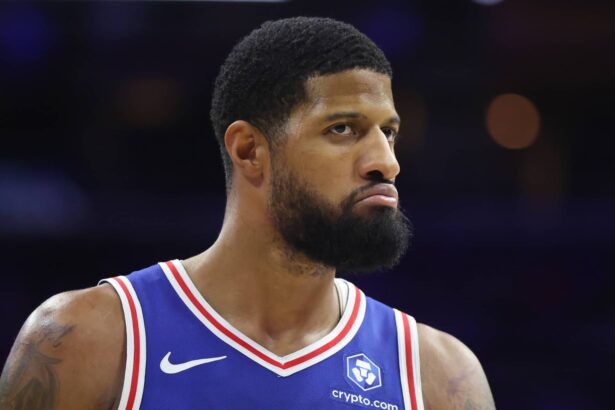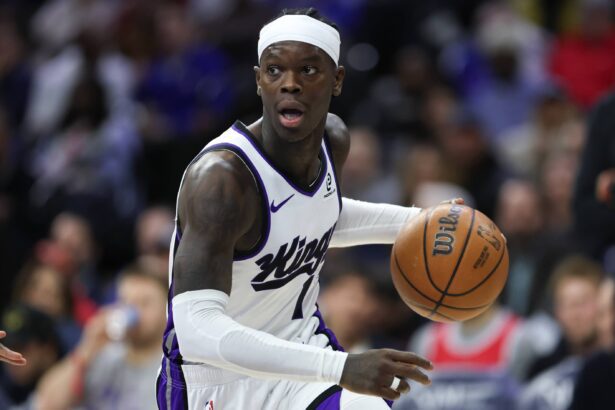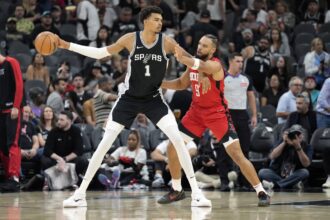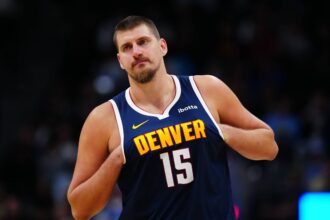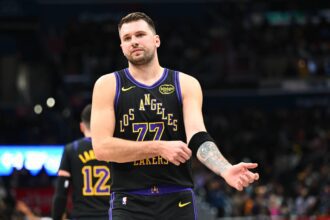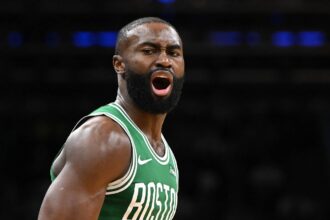The Houston Rockets are rumored to be exploring a seismic shakeup, and their eyes are turning toward Charlotte’s enigmatic point guard, LaMelo Ball, in our proposed trade scenario. The Charlotte Hornets are rumored to be fielding serious offers, even though management insists Melo remains untouchable.
But whispers in the league suggesting Houston is ready to make a high-stakes move have caught fire, especially as LaMelo’s injury history and inconsistency clash with his rare playmaking gifts. Our proposed price tag, Jalen Green, Cam Whitmore, Nate Williams, a second-round pick, and a first-rounder in 2027, underscores the high-risk, high-reward nature of the proposition.
At just 23, Ball offers tremendous upside: his 2024-25 season brought career-highs in scoring (25.2 PPG), passing (7.4 APG), and highlight-reel play, yet he missed over half the season due to ankle and wrist issues. If Houston decides to pull the trigger, they’ll have to weigh LaMelo’s game-changing vision against the fragility that has limited his availability.
This proposed blockbuster could reshape the Rockets’ trajectory into contender territory or a cautionary tale. Let’s dive into why dragging LaMelo into Houston isn’t just bold, it could define an era.
Proposed Trade Details
Houston Rockets Receive: LaMelo Ball, 2025 second-round pick
Charlotte Hornets Receive: Jalen Green, Cam Whitmore, Nate Williams, 2025 second-round pick, 2027 first-round pick
Houston Rockets Would Take A Major Risk On Health, Attitude, And Defensive Ability
Trading for LaMelo Ball would be a double-edged sword for Houston: yes, he’d bring star presence and elite passing, but his durability, defensive consistency, and personality raise red flags. Ball played just 47 games in 2024-25 due to ankle and wrist issues, and he was ultimately shut down for the season.
His injury history isn’t new: he’s struggled with ankle sprains and even a fracture dating back to 2022-23. For a team like the Rockets, who need every floor-spacing minute to compete in the West, missing a foundational playmaker for large stretches could derail their ambitions.
On the positive side, Ball is an offensive dynamo when available, with averages of 25.2 PPG, 7.4 APG, and 4.9 RPG, including explosive games like 50-point and 15-assist efforts. His court vision is sublime: in mid-season stretches, he averaged 30/6/8, the best of his young career.
But that usage-rate monster also brings excessive turnovers and inconsistent shot selection. Defensively, Ball’s upside is there, but so is the risk.
Under coach Ime Udoka, the hope is that Houston’s system could lift his defensive IQ. Still, his inconsistent effort and lethargy on that end are well-documented. Investing big in a player with a checkered attitude on defense, when the Rockets are already top-5 defensively (110.8 defensive rating), could unsettle their identity.
Charlotte Hornets Believe In Jalen Green To Move On From Their Franchise Star
Charlotte’s rumored price tag, sending LaMelo to Houston for Jalen Green, Cam Whitmore, Nate Williams, plus picks, is a clear signal that the Hornets are turning the page. Green, signed to a $106M extension, brings elite athleticism, transition scoring, and upside as a developing young star.
His recent performance in the playoffs, scoring 38 in Game 2, made waves, even if his consistency was questioned. For Charlotte, banking on Green (21.0 PPG in 2024-25) allows them to build around an ascending scorer with fewer red flags than Ball.
Including youngsters Cam Whitmore (9.4 PPG in 16.2 MPG) and Nate Williams (3.3 PPG in 7.4 MPG) offers additional upside and depth, while the 2027 first-round pick and 2025 second-rounder provide blue-chip value on the ledger, critical in a franchise that’s struggled to capitalize on past lottery assets. Hornets fans have reason to believe in a reset; Green is younger, less expensive long-term, and injuries haven’t plagued him like Ball.
Ultimately, Charlotte is making a bet on consistency and culture. They’re trading LaMelo’s boom-or-bust brilliance for a smoother trajectory. While they lose a highlight-reel playmaker, the Hornets gain a reliable young star, promising support pieces, and a clearer development path.
A Very Risky Trade For Houston, But Is It Worth It?
This deal is a quintessential high-risk, high-reward scenario. Houston would be sacrificing part of their foundational chemistry, built on defense and cohesion, in exchange for a dynamic but fragile offensive catalyst.
Ball’s gifts as one of the best young passers are undeniable, but history shows he’s difficult to fully trust night-to-night. If healthy and locked in, he could be a game-changer; if not, he’d unsettle a rising Rockets roster poised for consistency.
The Rockets’ decision comes down to philosophy. Are they content to grow incrementally, or willing to turbocharge their ceiling at the cost of certainty? Ball fits their timeline, but there’s no guarantee he stays healthy or engaged long-term.
In the end, this swing might define Houston for years. It could turn them into a playoff force, or leave them scrambling to rebuild if Ball falters. The question is whether risking integrity, health, and defensive tenacity is worth it. That’s the gamble, and their front office must ask if they should focus their efforts elsewhere on established stars such as Kevin Durant.

